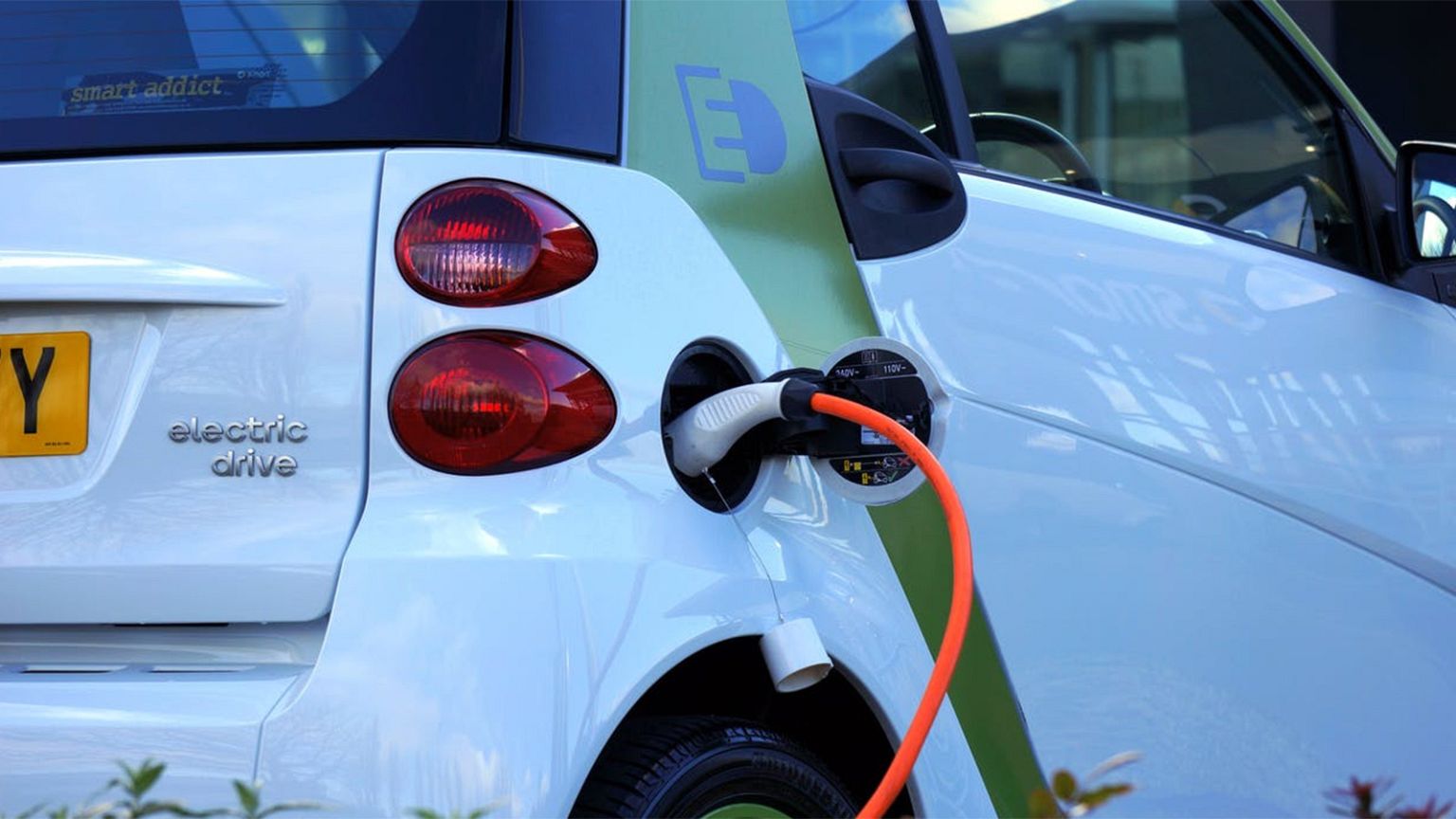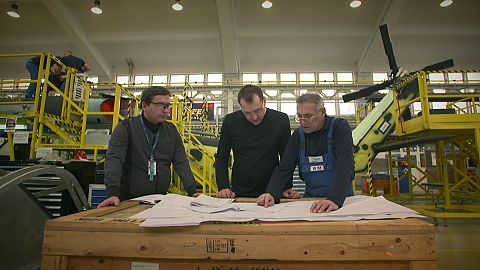Amid rising interest in clean vehicles in Europe, the Polish government is banking on electric cars.
 ADVERTISEMENT
ADVERTISEMENT
Mateusz Morawiecki, who took over as prime minister in December, sees electric mobility as an integral part of Poland’s economic development, combining scientific research, entrepreneurship and state support. Right now, electric cars account for just a small fraction of car sales in Poland; 1,068 new ones were registered last year (up from 569 in 2016), out of 216,566 in the EU as a whole, according to the European Automobile Manufacturers’ Association. Nevertheless, Morawiecki hopes to have 1 million of them on Poland’s roads in 2025.
A new law on electro-mobility and alternative fuels entered force this week, implementing the EU directive on alternative fuels infrastructure from 2014. The law introduces a series of incentives for drivers who choose e-cars, such as exempting them from excise tax and allowing them to drive in bus lanes . Electric cars are to account for 10 percent of cars in the public administration by 2020, eventually rising to 50 percent, it adds. To support the increase in e-cars, 6,000 charging stations are to be built by the end of 2020, plus 400 fast-charging ones. It also enables local authorities to create “clean transport zones” with restricted car access, which e-cars would be allowed to enter.
For the Polish authorities, electric cars are the solution to several problems – as indicated by an e-mobility plan published by the ministry of energy last year. Concentrating on electric cars would provide a focal point for scientific research and innovation, while reducing Poland’s dependence on imported fuel, it argues. An increase in e-cars would also improve air quality, especially in Warsaw, where road transport is the main source of air pollution, it adds.
The plan also highlights the business potential for Polish entrepreneurs, both directly involved in producing e-cars and in related sectors. “Considering the size of the additional services market that could emerge relating to electro-mobility, it is important that Polish companies are involved in its creation from the very start,” it argues. The emergence of a new e-car industry in Poland could have a broader economic impact, too: the electrification of transport in Poland could create 50,800 jobs and boost the economy by 0.3 percent by 2030, according to a report by Cambridge Econometrics and the Warsaw-based Electric Vehicles Promotion Foundation.
Proponents of electric vehicles have greeted the new law with measured enthusiasm. “The law is a step in the right direction, but further regulations and measurable actions must follow,” says Maciej Mazur, managing director of the Polish Alternative Fuel Association, a Warsaw-based NGO.
Experts concur that a key barrier to the spread of e-cars in Poland is their price, which could deter consumers. Prices start at around 50,000 złoty for a two-seat Renault Twizy (12,000 euros), with many models costing twice or three times more. Alone, the excise exemption introduced by the new law may not be enough to make electric cars an affordable option for the general public, they warn.
“Entering this market relatively late, Poland must simultaneously develop infrastructure and propose a mechanism to support the sale of electric vehicles, so that they are cheaper for the end-user,” says Mazur. “Especially in this second area, there is still a lot to do, because the current law certainly does not provide enough support.”

















